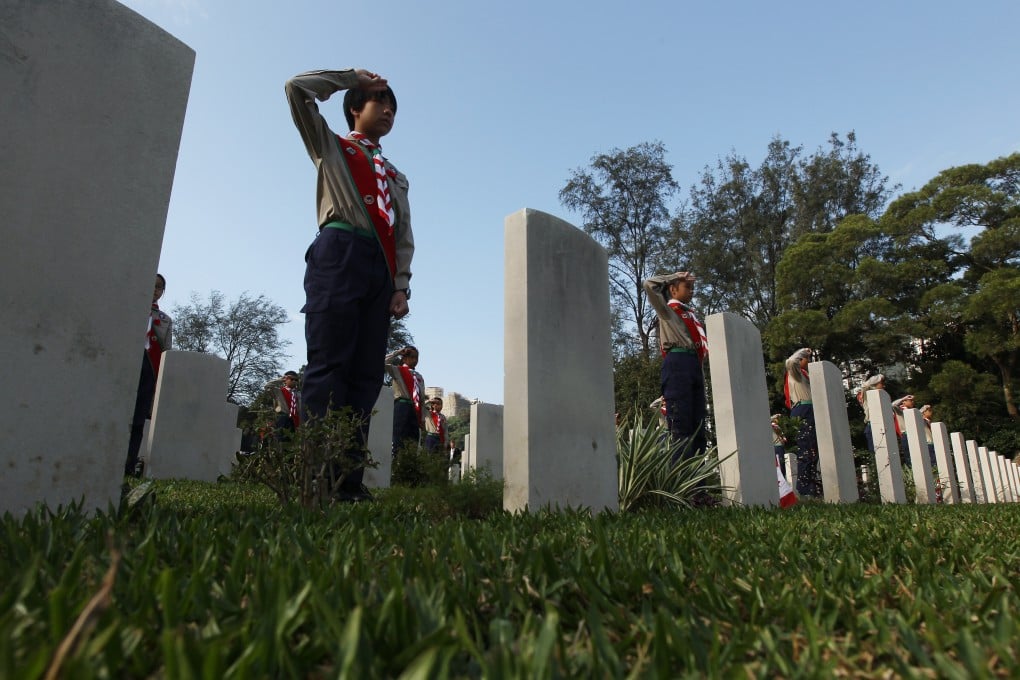Advertisement
Opinion | Battle of Hong Kong: 80 years on, the memories of an indelible episode in city’s history still resonate
- While the British-led forces held out for less time than London had hoped, the resistance was stronger than Tokyo planned
- The horrors of war are hard to reconcile with some uncharacteristic acts of generosity by the commander of the Japanese forces
Reading Time:4 minutes
Why you can trust SCMP
1

On December 8, 1941, I left my family’s home in Hong Kong and set off for school as usual, only to hear our maid frantically yelling for me to return. While I did not know it at the time, hours earlier and over 8,000km away, the Japanese had attacked the US fleet at Pearl Harbour.
Advertisement
Now, the attack many in Hong Kong had believed would never come was under way. A combined force of 14,000, including British, Canadian, Indian and local forces, held out for 18 days before surrendering the city.
The attack should hardly have come as a surprise. Hong Kong had been virtually surrounded by Japanese forces since 1938, when they seized neighbouring Guangzhou. In September 1939, Ian Morrison, the honorary attaché at the British Embassy in Tokyo, stopped in Hong Kong on his way back to Britain.
He noted even then “nobody pretends that the position of the Colony is strong” but remarked that the people seemed complacent and uninterested in Japan’s movements.
With Britain occupied by the war in Europe that was turning disastrous, strengthening the isolated garrison in Hong Kong was hardly a priority. Then British prime minister Winston Churchill and his advisers hoped Japan would be so bogged down in mainland China that it would exhaust its resources before it could consume Hong Kong.
Advertisement
Others pompously believed that the Japanese military had “neither the audacity nor capability” to seize the colony. Britain’s plan in the event of an attack was for the garrison to hold out until reinforcements could arrive from Singapore.

Advertisement
